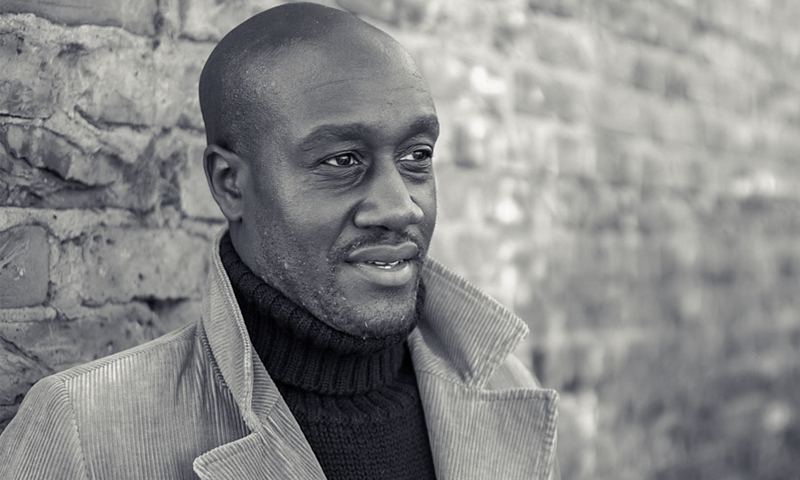World Cup: A tale of ecstasy, loss and longing
And so it ends. France has emerged victorious against Croatia, by four goals to two. A young, diverse group of players with rare talent have achieved their potential. They have an unmatched blend of speed, skill and resilience, as well as a multiracial camaraderie that won millions of hearts. They take home the title of world champions after one of the most thrilling World Cup Finals in recent memory.
What now?
I watched the match in my local beer garden in Berlin, and afterward I celebrated with French members of my local football club, the Unicorns. We went to a bar where Parisian hip-hop classics blared from the speakers. Delirious with delight, wearing the jerseys of their national team, French people — and their friends — had spilled out onto the pavement, pints of beer in their hands as they hugged one another and danced along to the tunes.
I left them at around 11 p.m. and they were still partying. I suspect that their revelling in the ecstasy of their team’s win lasted into the early hours of the morning I’m happy for my French friends, of course. But I might also feel a little sorry for them. For one thing, I’m sure they had some pretty big hangovers once July 16 rolled round. And once those headaches go away, they will have to confront reality, just like the rest of us. That can feel uniquely melancholic.
This year’s World Cup produced so many sublime moments — Lionel Messi’s astonishing strike against Nigeria, Belgium’s miraculous win over Japan — that it will be especially hard to leave it behind. As I wrote before the final, the tournament gave us so much fun, beauty and escapism. On some level, we all probably wish that we could have stayed suspended in this dreamscape for a bit longer.
Remember four years ago, after the final match in Rio de Janeiro between Germany and Argentina, sitting in the departure lounge in São Paulo, about to board a flight to London, feeling sad about heading home after four exceptional weeks of nonstop World Cup joy. I watched as all those wonderful, beautiful strangers who had converged on Brazil in the hopes of seeing their team win dispersed to around the globe, in most cases never to meet again.
But that’s the thing about the World Cup. Part of its magic is its transient nature. It’s like a holiday romance — the relief from regular life that it brings isn’t meant to last.
The players and the fans are packing up and leaving Russia behind. Vladimir Putin’s government, despite a showstopping protest during the final by the activists and musicians Pussy Riot, will return to its authoritarian ways. Likewise, the other ugly problems around the world, like racist immigration policies or Brexit incompetence, will continue. We hardcore fans, at least, have something to help us with our withdrawal: The leagues start up again in August. Still, we’ll all be going back to our routines, the tournament no longer dominating discussions in the office canteen, or allowing us to strike up casual conversation with commuters on the train home.
The World Cup, restless as always, is off on its own travels. Its next stop is Qatar. Over the past month, we’ve discussed a lot of the politics around the World Cup, from human rights to nationalism to geopolitics. I have no doubt that when the tournament arrives in Qatar, a country that receives much (and much deserved) criticism for its treatment of migrant workers and that plays a unique role in politics across the Middle East, all those topics and more will be worth discussing once again.
Wherever I am in the world in 2022, I’ll be keeping a keen eye on events both on the pitch and beyond it. I don’t think I would or could have it any other way. Football is a uniquely absorbing sport, and I can’t wait to see what it has in store for us next.
(Musa Okwonga is a writer, poet and football fanatic. He has published two books on the sport)
Related Posts

